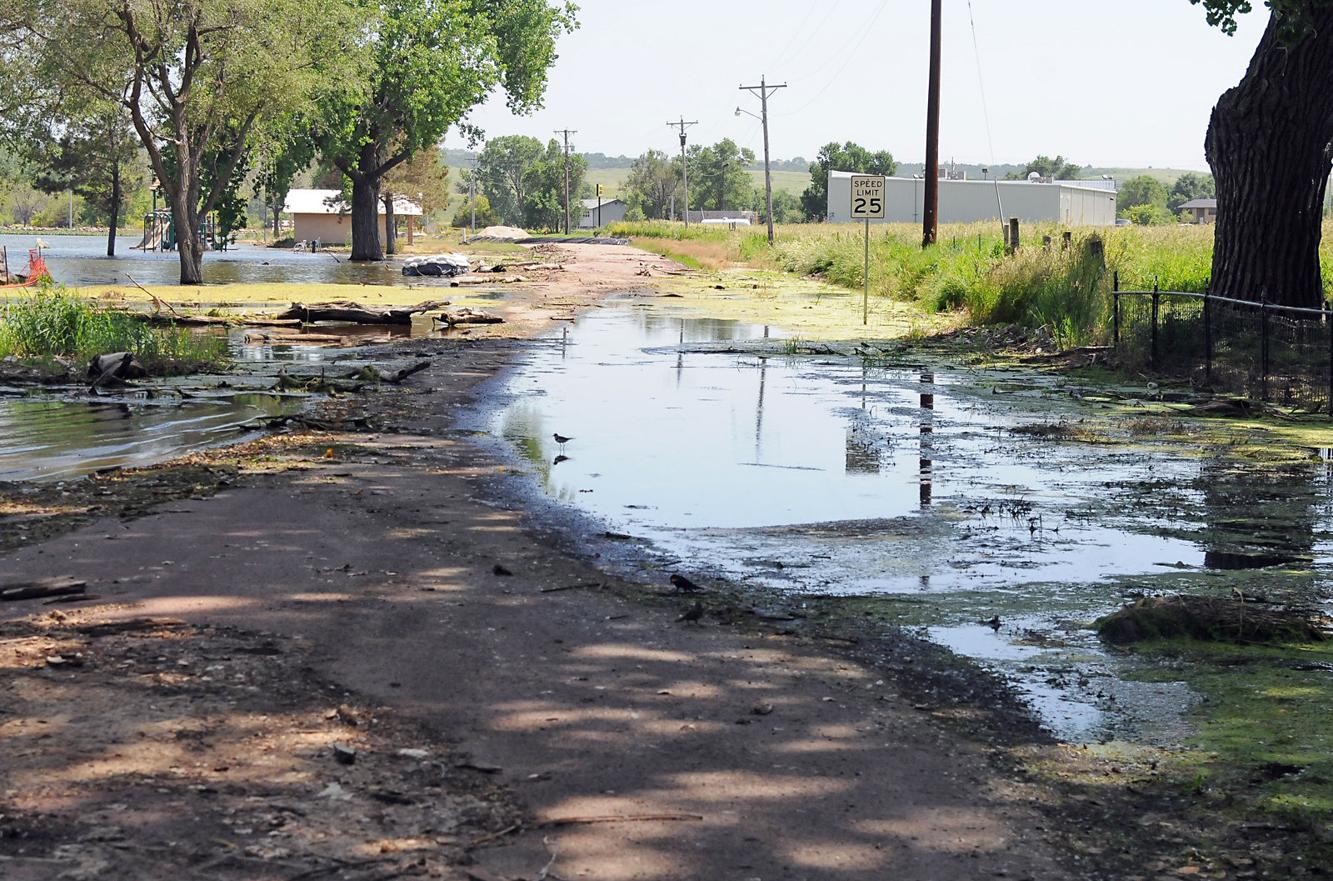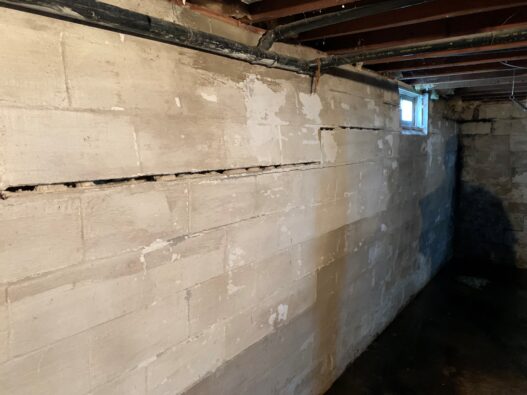White Swan Update: Tackling Flood Impacts and COVID-19 Hardships

In August, the Center for Disaster Philanthropy (CDP) wrote about the persistence and resilience of the White Swan Community located on the Yankton Sioux Reservation in South Dakota. Since then, the Long-Term Recovery Group (LTRG) has been working hard to improve the living conditions after the flooding.
The COVID-19 pandemic caused delays in recovery efforts. However, the LTRG worked behind the scenes, prepared for mold remediation and raised funds to meet unmet needs. At the same time, they continued taking care of their community by feeding and distributing food boxes throughout these months. Thanks to the money they raised, the LTRG repaired the walls of three flood-damage basements and fixed the foundation of an Elder’s home. They also replaced 12 water heaters and 10 washer and dryer sets. Once the tribe allowed the LTRG access to homes, the mold battle began with mold remediation completed in 17 houses, with 11 more homes to go.

Disaster case management continues, focusing both on the flood impacts and COVID-19 hardships. Deb, the case manager, has helped people complete unemployment paperwork and tribal forms and scan and email documents for COVID-related assistance as some community members do not have computer and/or internet access. She continues to manage cases as needs are met. She plans to do another brief survey to the entire community to ensure they are not missing anyone in need.
The White Swan community continues to tackle food insecurity, which COVID-19 and the flooding have exacerbated. The LTRG distributes food boxes weekly so that the Elders, grandmas raising multiple grandchildren and community members with disabilities are not missed. Between several small grants, generous friends from Yankton and in-kind donations, they keep formula, diapers and necessities on hand to meet local needs. They are filling up their freezers to prepare for meal service this summer. White Swan Community Center and the LTRG are working to become a local food pantry, and this summer, they will provide meals to children, handing them out through the “drive-up window” drawer.
Mental health needs (including substance use) are increasing and of grave concern. The LTRG is talking with the tribe about mental health needs, available training and other potential services and solutions. The LTRG contracted staff and a lead volunteer will be taking Mental Health First Aid to help in their work. They will then work on getting more mental health training to those interested in their community.
More about the flooding, the community and the impacts in this disaster impact profile.
In a couple of weeks, the Long-Term Recovery Group hopes to meet in person for the first time in about a year. The tribal council has just approved in-person meetings. It has taken extra effort and time for the group leaders to keep the board of directors informed of needs and work and get approvals and paperwork signed.
The “garden guy” from a neighboring community has potatoes and onions seedling ready to get planted in the community garden soon. Potential grants for the garden project and educational programming for the area youth are in process.
The work and accomplishments of this LTRG are amazing, especially given COVID-19’s impacts on their community and the complications it added to the flood recovery efforts.